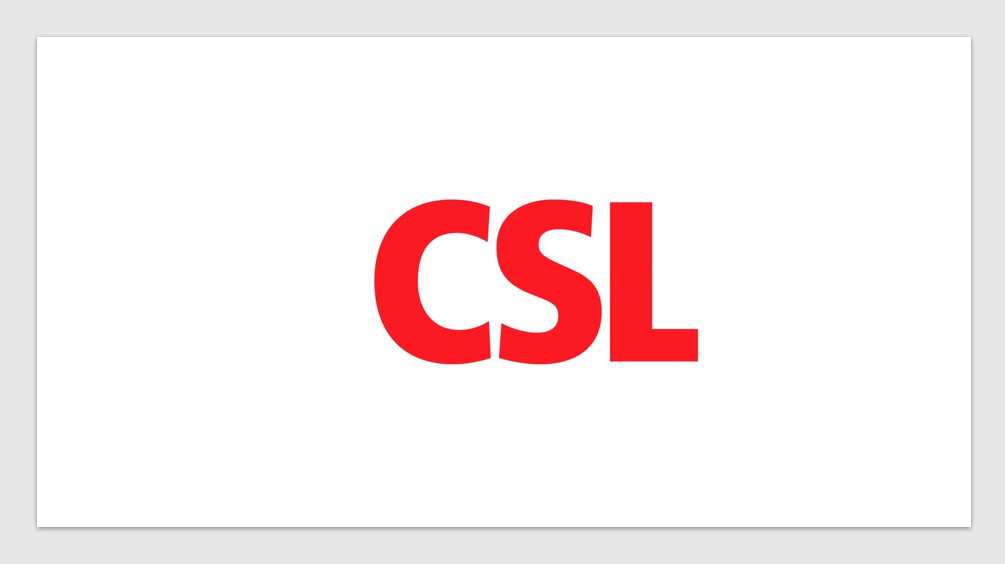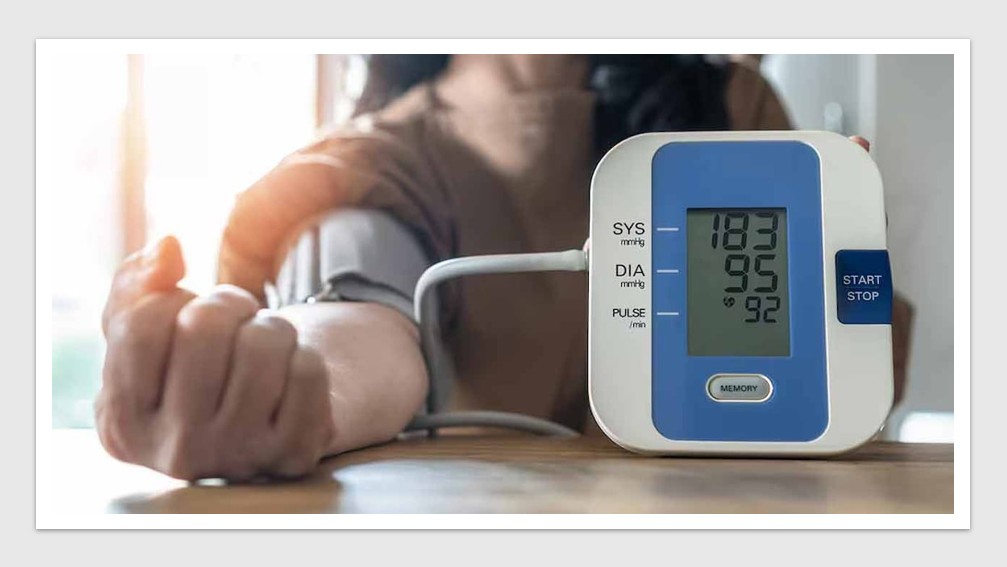News & Trends - MedTech & Diagnostics
Abbott outperforms Boston Scientific’s earlier stroke prevention device, but new innovation raises questions

Atrial fibrillation (AF) is a common cause of embolic stroke and other thromboembolic complications. New five-year data from Abbott’s Amplatzer Amulet left atrial appendage (LAA) occluder outperforms the earlier-generation Watchman device from Boston Scientific, offering AF patients at high stroke risk a path to reducing reliance on long-term blood thinners.
The findings were unveiled at the American Heart Association’s congress just days after Boston Scientific reported three-year results from its next-generation Watchman FLX device which it claimed demonstrated superiority in bleeding risk reduction in comparison to oral anticoagulants following cardiac ablation.
While Abbott’s head-to-head trial involved more than 1,800 patients, some question the relevance of the study given the availability of Boston Scientific’s next-generation Watchman FLX occluder.
In the trial, Amplatzer Amulet’s sealing technology allowed 78% of patients to discontinue oral anticoagulants immediately after the procedure, compared to just 4% of those receiving the Watchman 2.5 implant. However, by the five-year mark, the difference was less pronounced, with 6% of Amulet patients remaining on anticoagulation, compared to 9.1% of those with the Watchman device.
“Because blood thinners may cause excessive bleeding and side effects like nausea or dizziness, we as physicians want to avoid these medications for our patients following an LAA closure procedure,” said Dr Dhanunjaya Lakkireddy, principal investigator for the Abbott trial.
“With the five-year findings, doctors can even more confidently offer AFib patients the minimally invasive Amulet device that not only closes the LAA and reduces their risk of stroke, but can also keep them off blood-thinning medication long-term.”
The trial results also revealed that strokes in patients with the Amulet occluder were less severe than those in patients with the Watchman device. Device-related factors, such as thrombus formation or peridevice leaks larger than 3 mm, preceded stroke events and cardiovascular (CV) deaths more frequently in Watchman patients than in Amulet patients.
Despite these advantages, a number of five-year clinical outcomes were similar between the two devices. The composite of ischemic stroke or systemic embolism occurred in 7.4% of Amulet patients and 7.1% of Watchman patients (p = 0.851), while the composite of stroke, systemic embolism, or cardiovascular death was seen in 20.3% of Amulet patients and 20.7% of Watchman patients (p = 0.666). Other outcomes, including major bleeding, CV death, and all-cause death, showed no significant differences between the devices.
“For years, doctors and their patients only had one minimally invasive option to close the LAA,” said Sandra Lesenfants, SVP of Abbott’s Structural Heart business.
“The Amplatzer Amulet redefined LAA closure by offering dual-seal technology that completely and immediately seals the LAA without requiring blood-thinning medication following the procedure. These data reinforce that the Amulet device is safe and effective, and also, importantly, that it’s helping people enjoy their lives and worry less about the risk of having a stroke.”
Abbott’s Amplatzer Amulet is approved in more than 80 countries, including Australia, the U.S., Canada, and across Europe.
![]() In reimagining healthcare across the entire patient journey, Health Industry HubTM is the only one-stop-hub uniting the diversity of the Pharma, MedTech, Diagnostics & Biotech sectors to inspire meaningful change.
In reimagining healthcare across the entire patient journey, Health Industry HubTM is the only one-stop-hub uniting the diversity of the Pharma, MedTech, Diagnostics & Biotech sectors to inspire meaningful change.
The Health Industry HubTM content is copyright protected. Access is available under individual user licenses. Please click here to subscribe and visit T&Cs here.
News & Trends - Biotechnology

CSL reshapes R&D while bracing for U.S. tariffs
Australia’s largest biotech company CSL is streamlining its R&D operations to enhance efficiency amidst a rapidly evolving global landscape. The […]
MoreNews & Trends - MedTech & Diagnostics

Australia joins Medtronic trial in fight against resistant hypertension
Medtronic has launched an international clinical trial across Australia, the United States, and Europe to evaluate the feasibility of multi-organ […]
MoreNews & Trends - MedTech & Diagnostics

Medibank launches pharmacogenetic testing while government stalls on insurance discrimination ban
Medibank has become the first Australian health insurer to pay towards pharmacogenetic testing (PGx) for eligible customers on Extras cover. […]
MoreNews & Trends - Pharmaceuticals

Global pledge shifts visibility and action for patients with advanced breast cancer
Three breast cancer organisations have united internationally to demand that people living with metastatic breast cancer (MBC) are no longer […]
More